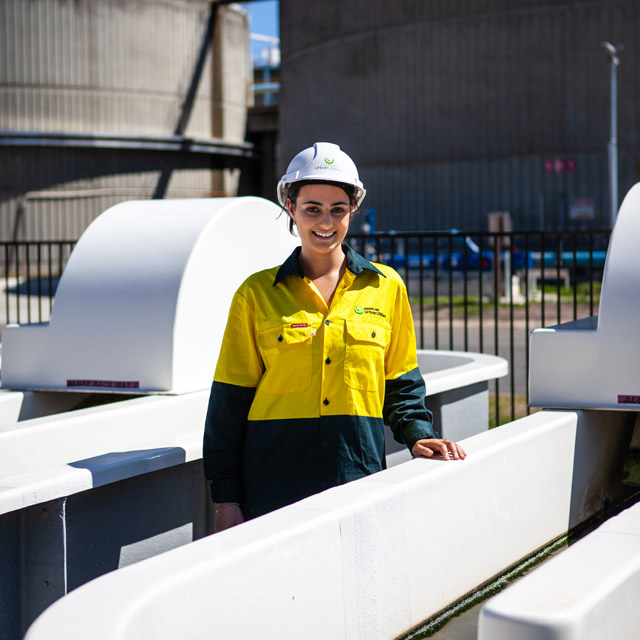Engineering Professional Practice
 All Bachelor of Engineering, Bachelor of Engineering (Honours), Bachelor of Engineering (Honours)/Master of Engineering, Master of Engineering and Master of Engineering (Professional) students must complete 430 hours of Engineering Professional Practice (EPP) prior to graduation.
All Bachelor of Engineering, Bachelor of Engineering (Honours), Bachelor of Engineering (Honours)/Master of Engineering, Master of Engineering and Master of Engineering (Professional) students must complete 430 hours of Engineering Professional Practice (EPP) prior to graduation.
8. Submit your reflections
Submit your assessment via UQ Blackboard
Write your four (4) reflections in line with the Engineers Australia Stage 1 Competencies as per the Reflection Assessment Writing guidelines; and
Submit your reflections to Blackboard for marking. Refer to the Reflections Assessment Submission guide for instructions on submitting your reflections.
You must submit your reflections on the SEAL reflections template.
Students are reminded to familiarise themselves with the Student Integrity and Misconduct Policy and to ensure that all information submitted is accurate and all reflections are entirely the student’s own work, or sources are referenced appropriately.
Marking of reflections is managed by Schools; therefore, we are unable to advise when your assessment will be marked.
If you have submitted your assessment by the deadline, you can expect it to be marked with priority and in time for graduation checks. Time is allowed in the process to enable students to resubmit if needed to graduate on time.
If your assessment has been marked with a Pass, it will display on Blackboard. If your assessment has been marked with a Fail, you will need to re-write your reflections and re-submit until you receive a Pass. Our team will clear your attempt in Blackboard to enable you to resubmit.
The use of artificial intelligence (AI) or machine translation (MT) may constitute misconduct under the Student Code of Conduct. This reflection task evaluates a student's ability, skills, and knowledge without the aid of AI. Students are advised that the use of AI and/or MT technology to develop responses and reflections is strictly prohibited. The use of artificial intelligence (AI) and machine translation (MT) in reflections is monitored and investigations will be undertaken where it is suspected that AI or MT has been used. As part of the investigation process, students may be required to attend an interview with a member of academic staff where they will be asked questions regarding their reflections. The investigation process will take time and may put your graduation eligibility at risk.
Are you a professional engineer?
Shape the next generation of engineers and build your pipeline of future talent!
Find out more about how we can work together to provide our engineering students with invaluable hands-on experience through professional practice.
